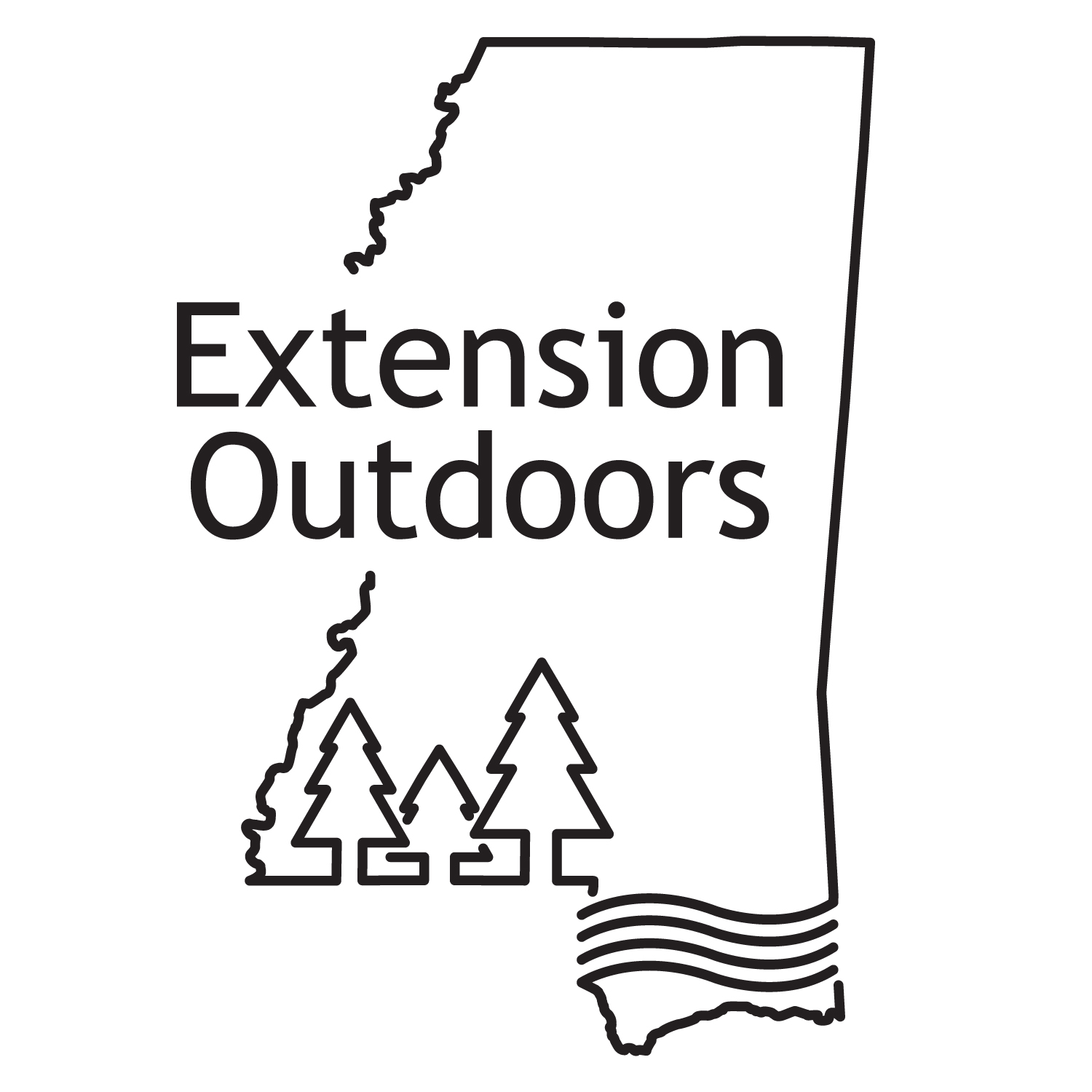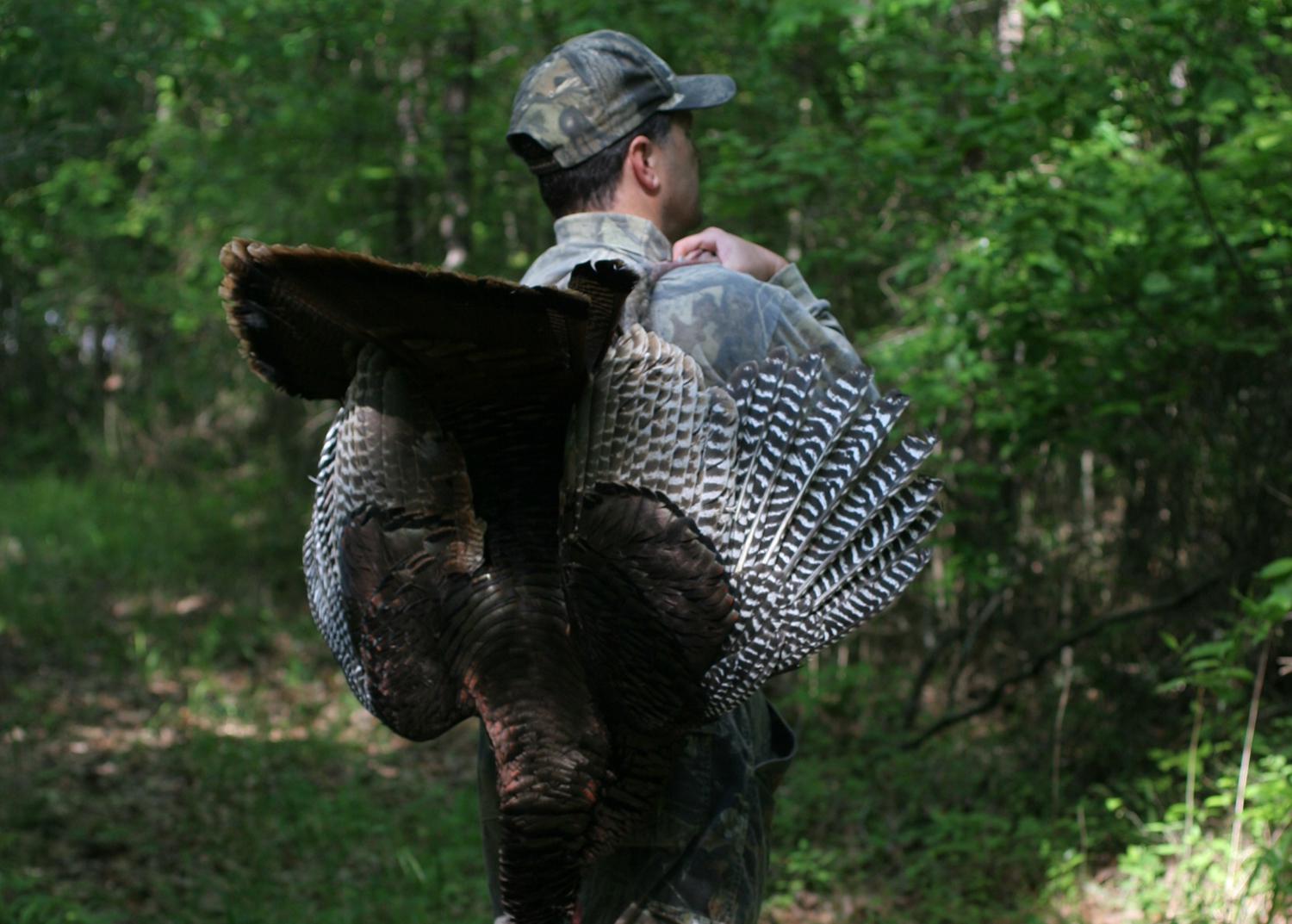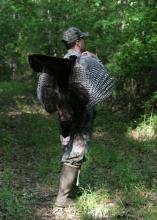Keep safety in mind this turkey season
STARKVILLE, Miss. -- Mississippi in the springtime has to be the prettiest place on Earth; flowers are blooming, hardwood trees are budding and flowering, songbirds are singing, and wild turkeys are mating. This is a special time and my favorite time of year.
The wild turkey in Mississippi (Meleagris gallopavo silvestris) is a majestic, beautiful game bird that has been of great importance to humans in the South since the dawn of history. Earliest peoples on the North American continent probably used the turkey as food. Since that time, the turkey has held an important niche in our economy and in the environment.
If you have ever had the privilege of hearing a male turkey gobbler announce its presence in Mississippi oak/hickory hardwood and pine forests, you will never forget this experience. Nothing sends a charge of electricity up my spine quite like the boom of a gobbler sounding off in Mississippi woodlands.
Many hunters take to the woods this time of year to experience this exhilaration and the chance to glimpse the spectacle of a strutting gobbler in full display to attract turkey hens for mating.
The turkey’s senses are second to no other animal. For hunters to be successful in seeing a gobbler, they must be motionless at 125 yards or so from a bird, wear camouflage clothing and be a competent caller. Therefore, hunting turkeys can be inherently dangerous due to the potential of other hunters being nearby in the woods.
Here are a few suggestions to stay safe while enjoying your outdoor excursion in the turkey woods.
Arrive to your chosen hunting spot well before daybreak and walk to your hunting area to before other hunters arrive. If you hunt public or private land, do not park anywhere near another vehicle. If you hear a gobbler sound off, chances are good that other hunters in your area will also hear and go to the same turkey, causing problems.
Camouflage clothing is a must to remain unseen by the wild turkey. The bird has keen vision and can detect the slightest of movements or sounds in the woods. To be successful, it helps to a proficient caller. As you call, watch for movement around you, including from behind, to help spot a potential approach from another hunter. While I hunt, I am looking for turkeys, but I’m also diligently looking for other hunters.
While in the woods, avoid wearing any clothing or carrying any articles that are red, white or pale blue. When a gobbler is displaying to females, its head takes on these colors. For safety purposes, never have these colors on or around you.
Avoid calling too much. On some occasions, turkeys will call often. More often, however, birds communicate intermittently with fellow flock members in soft tones. Mimic infrequent, softer calling. From a safety perspective, this type of calling will draw less attention to you from nearby hunters who may approach what they believe to be a calling turkey. But do not worry, turkeys will hear you. If you hear frequent calling in the woods, be overly cautious because this may actually be another hunter. Never use a gobble call unless you know no one else is in your area. Hunters will quickly approach what they perceive as a gobbler, so this type of calling can be dangerous.
Lastly, keep still and avoid unnecessary movement that might draw the attention of both wild turkeys and approaching hunters coming to a call. If you see someone approaching you in the woods, speak to this person in normal tones (do not shout) to let him/her know that you are there. Inexperienced hunters have been known to shoot at a motion or sight they thought was a turkey. It is vital to notify an approacher immediately that you are there.
Using common sense and attempting to hunt areas for turkeys away from other hunters will keep you safe in the turkey woods this spring. Hearing and seeing a wild turkey in the great outdoors of Mississippi is a thrill for sure; enjoying this experience safely will make it memorable for a lifetime.

Editor’s Note: Extension Outdoors is a column authored by several different experts in the Mississippi State University Extension Service.





